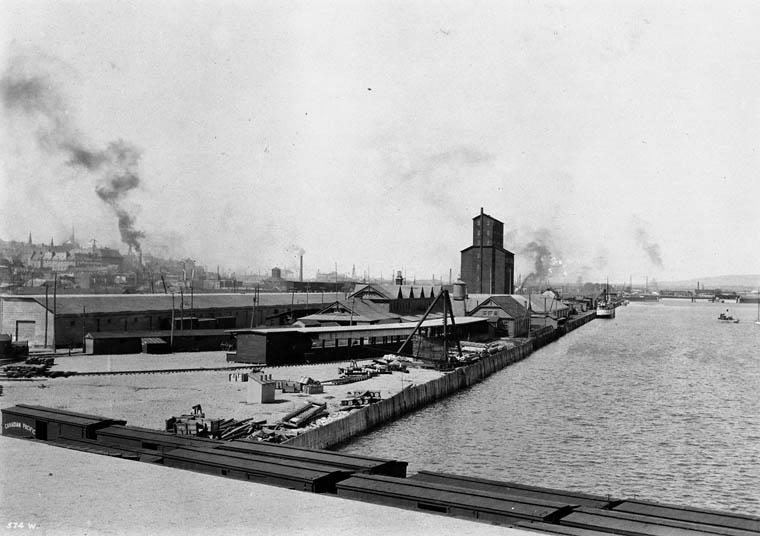Permanent residence is a status that allows people who immigrate to Canada to settle there for the long term. Permanent residence status has no fixed time limit, but under some circumstances, permanent resident cards must be renewed. People with permanent residence status are not citizens, but have the right to live, study and work anywhere in Canada indefinitely. They also have the right to apply to become citizens.
History
Before 1910, the figures on immigrants to Canada referred to “landed immigrants,” a term still used in federal immigration policies and statistics. The first census of landed immigrants was conducted in 1852, when 29,300 people were admitted to Canada. In 1910, the Immigration Act introduced the concept of permanent residence. At the time, the status was known as “domicile,” and a person had to have lived in Canada for three years to obtain it, but there were several discriminatory criteria to exclude persons who were deemed “undesirable.” (See Deportation from Canada.)
The statute now governing permanent residence in Canada is the Immigration and Refugee Protection Act of 2001. Permanent residents can have their status revoked if they commit serious crimes (such as crimes of terrorism or war crimes, or organized criminal activity).
Since 2003, the permanent resident card enables immigrants to enter Canada. Because it is a proof of status in Canada, it must be renewed every five years, unless the individual holding it obtains Canadian citizenship or has his or her permanent residence status revoked.
The Various Paths to Permanent Residence
Permanent residence can be granted to various classes of immigrants: economic immigrants and non-economic immigrants, which includes family-class immigrants and refugees. (See Immigration policy in Canada.)
Currently, the majority of applications for permanent residence are selected on the basis of economic potential and labour-market requirements. But that has not always been the case. For example, from 1983 to 1986, the majority of approvals for permanent residence were granted on the basis of family reunification or sponsorship.
Rights and Responsibilities Associated with Permanent Residence in Canada
In Canada, people with permanent residence status do not hold Canadian passports. They cannot work in some professions that require high security clearances (espionage, court judge, member of the Canadian Armed Forces), and they cannot vote or run for elective office (see Right to Vote in Canada).
Just as the citizens (see Canadian citizenship), permanent residence holders have access to offers of jobs funded by the federal government and provincial governments, to financial aid to students and also to the same medical coverage. They also enjoy the protection of Canadian law and of the Canadian Charter of Rights and Freedoms.
Permanent residents can apply for citizenship five years after receiving their permanent resident status. They must have lived in Canada for at least 730 days (not necessarily consecutively) not only to be eligible for citizenship, but also to renew their permanent resident cards.

 Share on Facebook
Share on Facebook Share on X
Share on X Share by Email
Share by Email Share on Google Classroom
Share on Google Classroom



